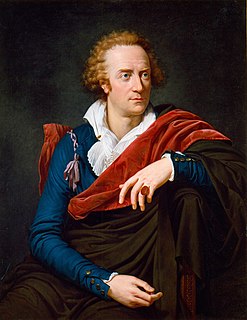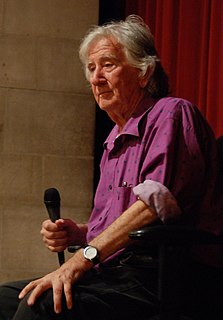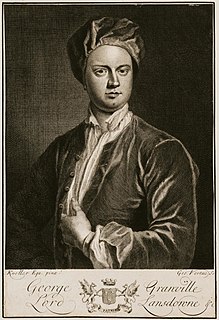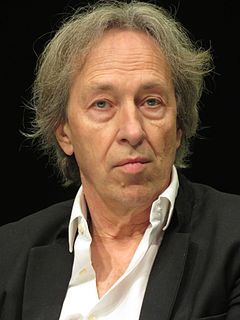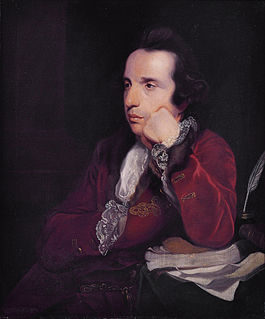A Quote by Juvenal
He who meditates a crime secretly within himself has all the guilt of the act.
Related Quotes
Theatre has nothing to do with buildings or other physical constructions. Theatre - or theatricality - is the capacity, this human property which allows man to observe himself in action, in activity. Man can see himself in the act of seeing, in the act of acting, in the act of feeling, the act of thinking. Feel himself feeling, think himself thinking.
One of the less attractive aspects of human nature is our tendency to hate the people we haven't treated very well; it's much easier than accepting guilt. If we can convince ourselves that the people we betrayed or enslaved were subhuman monsters in the first place, then our guilt isn't nearly so black as we secretly know that it is. Humans are very, very good at shifting blame and avoiding guilt.
The experience of a sense of guilt for wrong-doing is necessary for the development of self-control. The guilt feelings will laterserve as a warning signal which the child can produce himself when an impulse to repeat the naughty act comes over him. When the child can produce his on warning signals, independent of the actual presence of the adult, he is on the way to developing a conscience.

